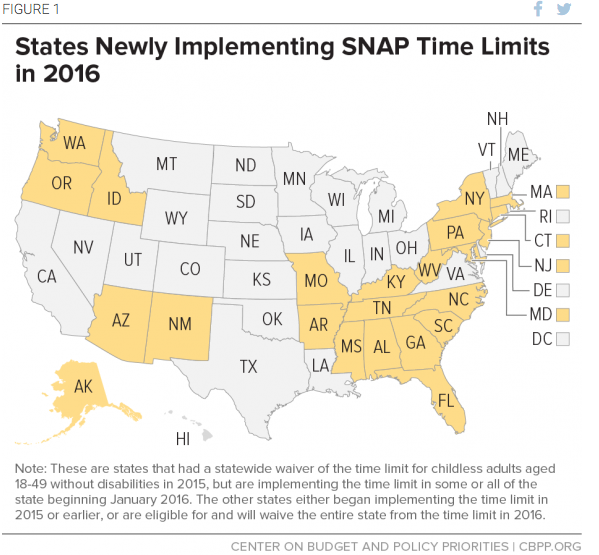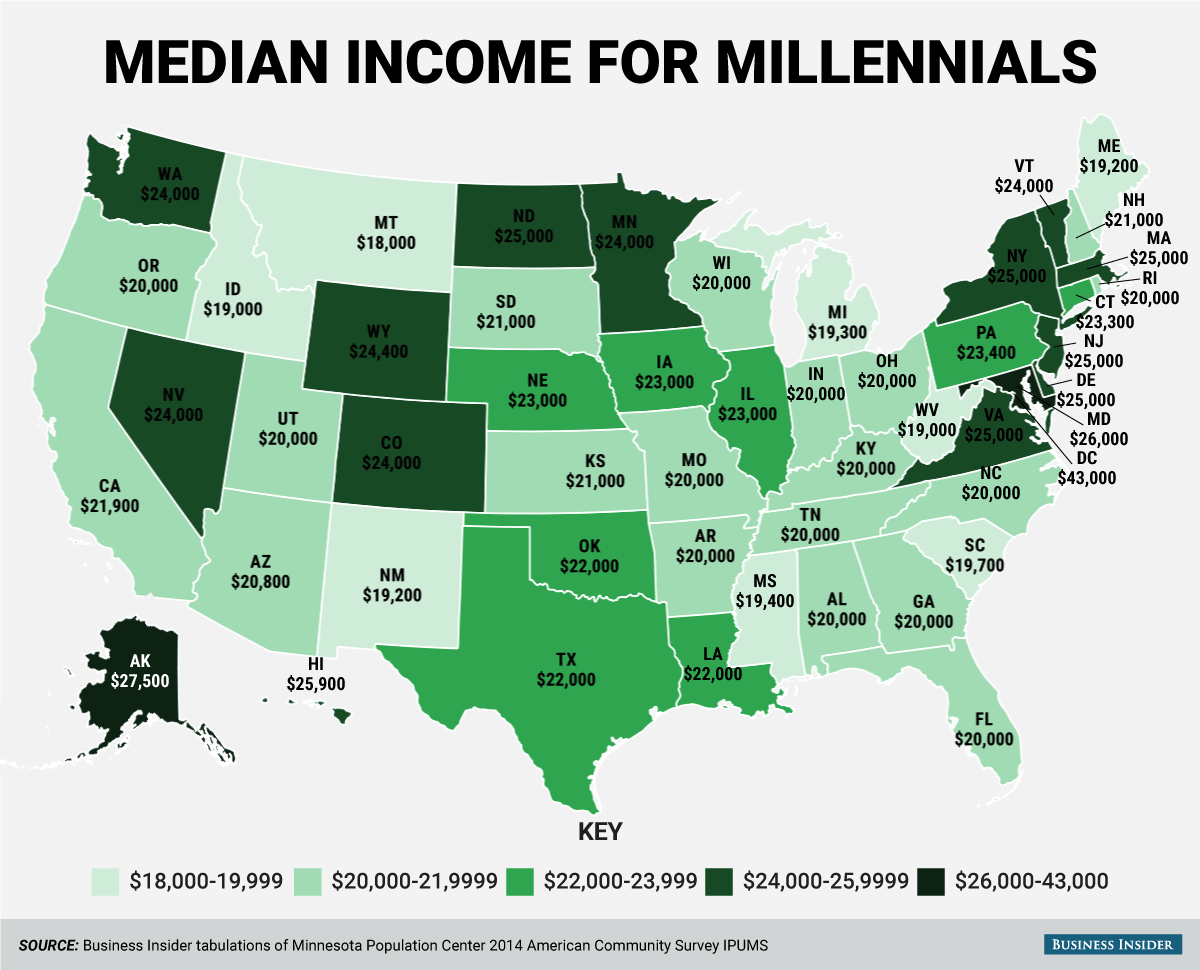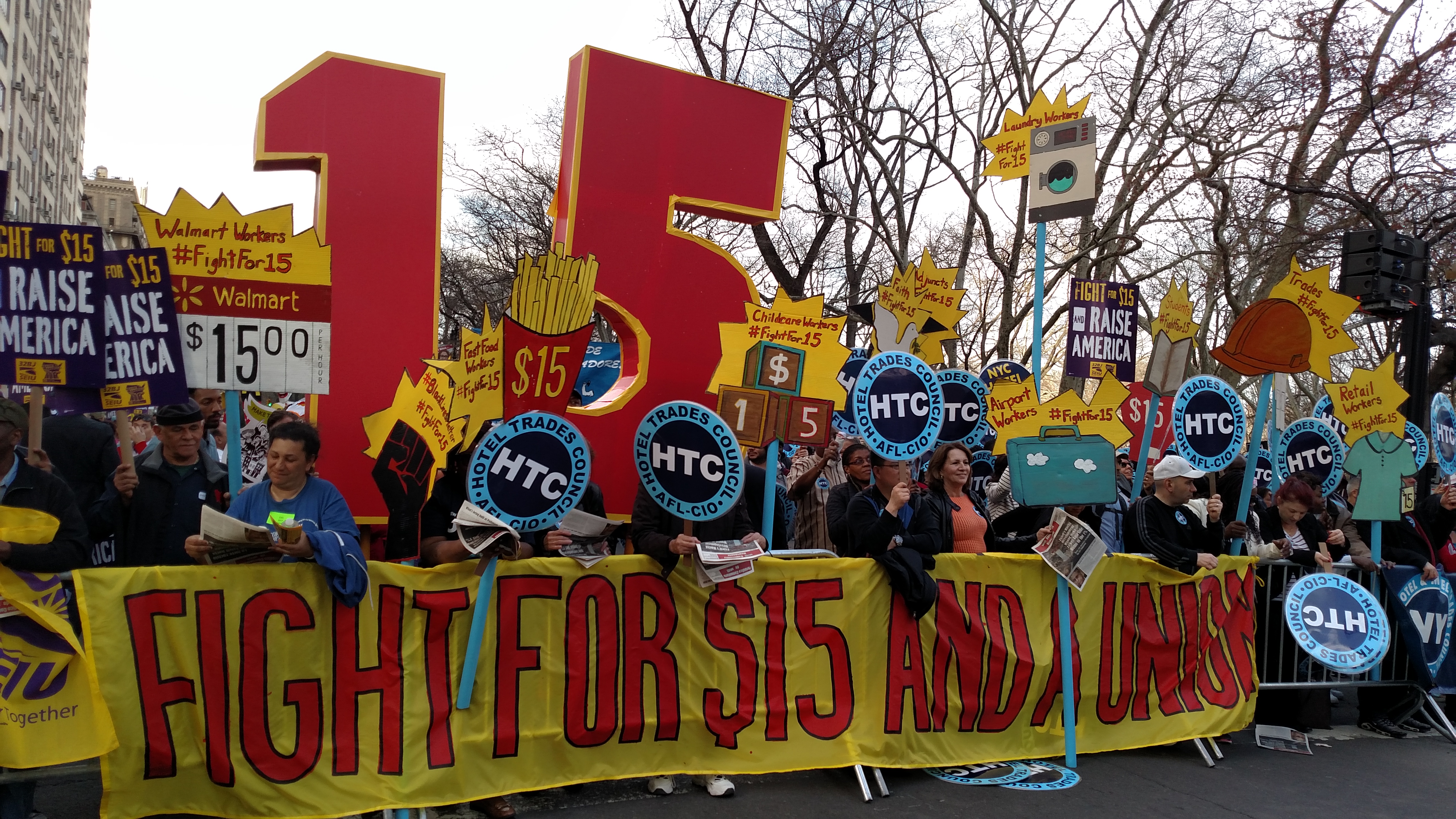List Ignites Debate Over How to Help Employees Not Go Hungry

By:
A list instructing employers on how to help workers who struggle to afford food has spurred a fiery debate on social media.
Published on the intersectional feminist news outlet Everyday Feminism, the list details 20 ways bosses can help alleviate food insecurity and hunger among their employees.
The term food insecurity refers to people whose eat poorly or irregularly due to financial strain.
These people fall into two categories, the United States Department of Agriculture explains.
From the USDA:
Low food security (old label=Food insecurity without hunger): reports of reduced quality, variety, or desirability of diet. Little or no indication of reduced food intake.
Very low food security (old label=Food insecurity with hunger): Reports of multiple indications of disrupted eating patterns and reduced food intake.
As many readers were quick to point out on Twitter, the piece failed to suggest a somewhat obvious and more substantial solution to the problem: pay people a living wage, so they don't rely on scraps of company food.
Writer Hanna Brooks Olsen responded to the article on Medium.
While its suggestions were well-meaning and perhaps useful, by failing to suggest companies to pay people more, the article missed the actual root of the problem, Olsen argues.
From Medium:
"It is fundamentally problematic to create a listicle for employers—regardless of where on the chain of command they are since writers don’t really have the power to specifically decide who reads their writing or heeds their advice—about poverty without once mentioning that the most basic reason that people struggle with food insecurity is because they just do not get paid enough by those same employers. It is irresponsible and it is a missed opportunity to talk about hunger without talking about the low wages (hunger in the US peaked in 2011; it’s slightly down since then; wage stagnation is real as hell) that workers are somehow expected to survive on today."
As Olsen points out, companies — start-ups in particular — often answer employee's complaints about their salaries by pointing out other perks, including those detailed in the Everyday Feminism list: free meals, snacks, etc.
Instead of addressing the larger issue — that free food is not acceptable substitute for paying people a living wage — the list instructed employers to institute policies that deliver free food more considerately.
Food insecurity has a whole lot more to do with poverty — which, though a complex issue, is rooted in the basic fact that people are simply not getting paid enough — than providing Tupperware or not canceling company dinners at the last minute.
As Vox reported in April, food insecurity is a problem across the U.S., but is particularly on the rise in the South and in urban areas.
Close to a quarter of food-insecure Americans make too much to qualify for food stamps, and less than half of people who qualify for food stamps actually get them, Vox explains.
It also doesn't help that congress cut the food stamps program by $8.7 billion in 2014, and congressional Republicans have continued to propose further cuts. As ATTN: reported in April, a recently resurrected requirement — which made "able-bodied" people ineligible for food stamps if they went more than three months without finding employment — kicked thousands of people off the rolls.
 CBPP - cbpp.org
CBPP - cbpp.org
Meanwhile, today's Millennials are saddled with student debt, earning less than their parents, and housing is becoming increasingly unaffordable across the country.
 Business Insider - businessinsider.com
Business Insider - businessinsider.com
Many of the responses to the articles argued that raising the minimum wage to $15 — as has been recently legislated in California, New York, and various cities — is a far better way to help hungry employees than refilling the company pantry.
 Flickr/The All-Nite Images - flickr.com
Flickr/The All-Nite Images - flickr.com
Everyday Feminism, for its part, thanked readers for their feedback and linked to Olsen's piece in a tweet.
